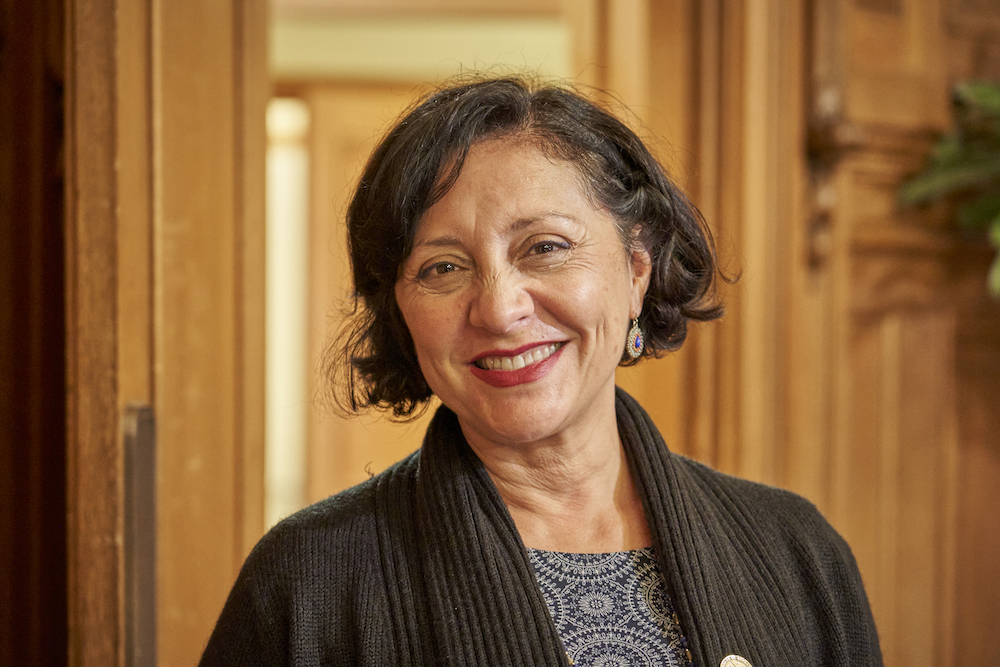It started off as a hearing on what seems like a fairly simple issue: Should the city encourage developers to build housing on the sites of gas stations that are going to go out of business soon anyway?
What’s not to like? Gas-powered cars are, we hope, going to be a thing of the past, which is a good thing. A lot of the sites that are now gas stations will soon be vacant anyway, since a new state law requiring upgrades to underground tanks will make it too expensive for the small-time operators to stay in business.

These tend to be sites on busy transit corridors, where, by all accounts the city ought to be promoting dense housing.
But at the Board of Supes Land Use and Transportation Committee Monday, we learned something really important: The Mayor’s Office and the Planning Department are ignoring a 2017 city law that requires an analysis of whether developers who are getting zoning benefits can pay for more affordable housing.
The author of that legislation was then-Sup. London Breed.
The bill that the committee was addressing has been floating around for months. In its current version, the measure calls for the city to
to increase density on lots with auto-oriented uses where housing is permitted, but which do not currently have any residential use or a legacy business, and remove the Conditional Use requirement to change the use of an Automobile Service Station or Automotive Use to another use, and amend zoning control tables to reflect this change.
Increasing density makes developing housing more profitable. The idea of the measure, which had strong support at the time, was that, when the city allows developers to make extra money, the public ought to get some of that benefit—in this case, in the form of more affordable housing.
So when the city does this sort of increased density, the Planning Department is supposed to look at how much more money the sites are worth, and adjust the affordable housing requirements accordingly.
As the committee was discussing this measure, Sup. Dean Preston asked planning staffer Aaron Starr to clarify what the feasibility study for the upzoning had concluded.
Starr said planning didn’t do one.
He said planners are counting on the city’s Inclusionary Housing Technical Advisory Committee, which hasn’t met since 2018, to “review all or our inclusionary housing standards.”
Preston said that the last time this had come up, several months ago, he asked the same question about feasibility, and “none of the questions I raised were addressed.”
Starr insisted that the “TAC process” would resolve any issues.
Preston cited the law and said “we are just deciding [affordability levels] without any feasibility studies or information.”
Starr: “We are just saying that TAC should look at it.”
But this bill would increase density and land values now, before TAC has even scheduled a new round of meetings.
Preston said that he doesn’t oppose increased density; in fact, all three committee members said they support upzoning the sites. But he said “when we dramatically increase the value of property, we have an opportunity to get more affordable housing.”

Committee Chair Myrna Melgar said she agreed: We all agree that we should re-use gas stations,” she said. “But I think it’s important to run the numbers. I don’t think the TAC needs to convene, you are planners and can do this.”
In the end, the item was continued (after, as Sup. Aaron Peskin’s request, the Mayor’s Office term “cars to casas,” which he said was offensive, we removed).
But the issue isn’t going away. The Mayor’s Office seems willing to give away benefits to developers without even trying to get anything in return.
“I am beginning to question how serious the Mayor’s Office is about this process,” Preston said.
We will have to wait and see.





